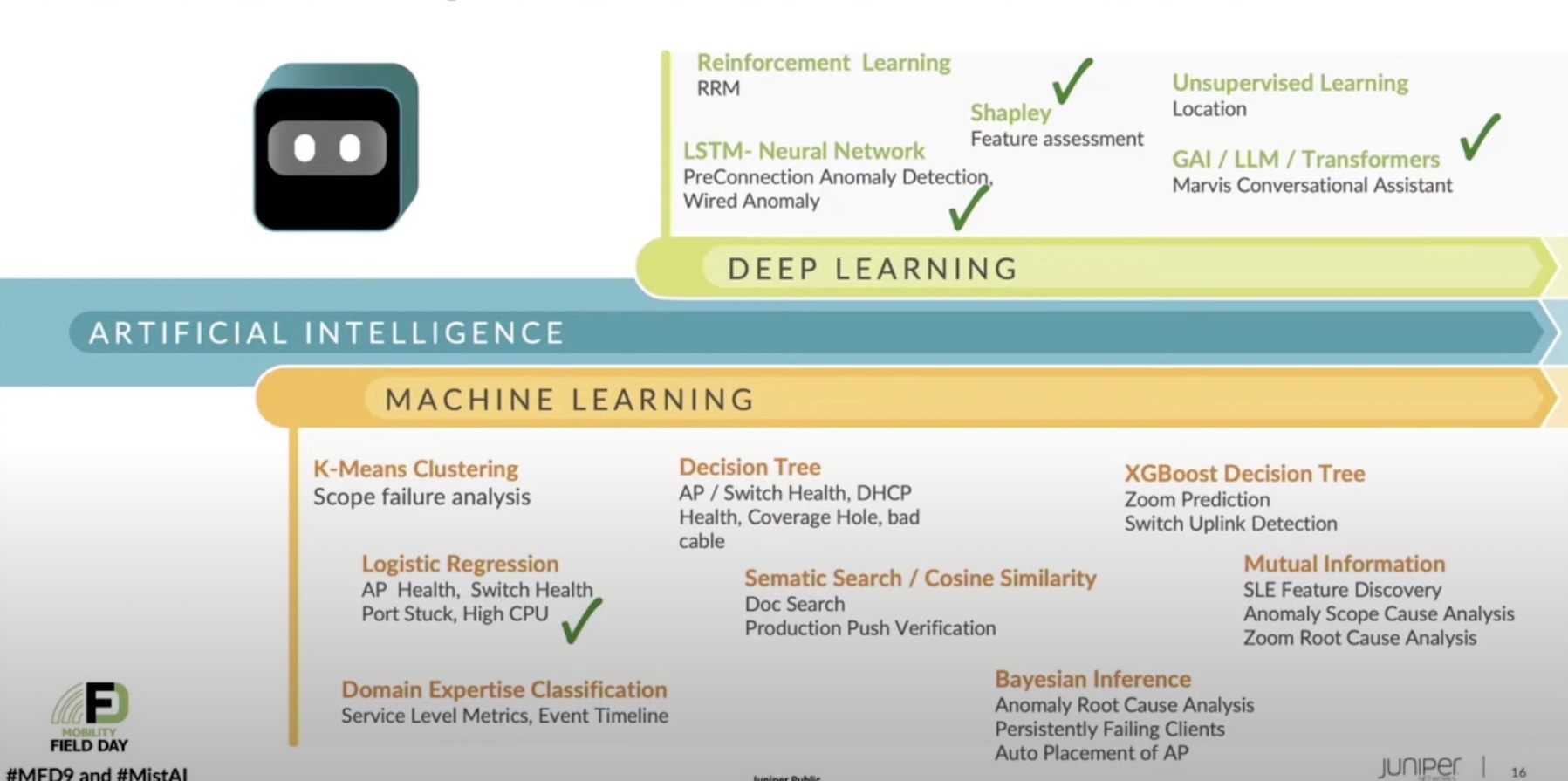Google, Cisco, Zoom, and Microsoft offer free teleconferencing to help stop COVID-19 spread, 80 Arm cores come to the datacenter, bill passes to rip and replace Huawei equipment for rural ISPs, and things are looking bad for the commodity server market. Tom Hollingsworth and Rich Stroffolino discuss all the IT news of the week on the Gestalt IT Rundown!
This week on the Rundown:
Wi-Fi Dissassociation Bug
Libra Lessons
MediaTek Rootkit
Honeywell Goes Quantum
IBM, D-Wave, or Google might be names that come to mind when you think of quantum computers, well you might need to add Honeywell to the list. The company says that in 3 months its new quatum computer will be generally available to customers, offering a quatum volume of at least 64, double that of IBM’s top end machine. This uses a trapped-ion quantum charge-coupled device architecture, which uses electrical fields to trap ions which are then manipulated and encoded using laser pulses. The copy expects to see a 10-fold increase in quantum volume every year for the next five years.
Teleconference vs COVID-19
With organizations increasingly encouraging remote work and limiting travel with the COVID-19 outbreak, Google and Microsoft both announced they will make their enterprise teleconferencing and collaboration tools available for free for a limited time. Google will rollout advanced features for Hangouts Meet to all G Suite and Education customers, allowing for meetings with up to 250 participants and 100,000 viewers. Meanwhile Microsoft is offering a free six-month trial globally for a premium tier of Microsoft Teams, after originally rolling it out to hospitals and schools in China, and will lift limits on the free tier of Teams to remove membership limits and schedule video calls. The move comes after Zoom and Cisco’s Webex lifted call limits on their free tier as well.
Ampere Brings 80-Cores to Arm
The chip startup Ampere announced they have begun sampling their new ARM-based Altra CPU, designed for servers with an impressive 80-core count. This comes in a 210W TDP package, meaning if offers significant Watt per core advantage than something like AMD’s Epyc platform. Impressively, ALtra also offers class leading IO, with 128 PCIe 4.0 lanes in a 1 socket config, and 192 with two sockets. This company is being led by former Intel president Renee James, and we’re now seeing ARM support across Kubernetes, Docker, VMware, and KBM. While Arm is not going to take over the DC any time soon, could this find use cases on the edge, in analytics, or by cloud providers?
Secure and Trusted Telecommunications Networks Act Passes
The US Senate unanimously passed the Secure and Trusted Telecommunications Networks Act, which bans the FCC from giving funds to telcos to purchase equipment from companies deemed threats to the US. The Act requires the FCC to establish a $1 billion fund to help smaller ISPs replace equipment, and for the FCC to establish a list of companies deemed “threats.” The Rural Wireless Association estimated in 2018 that about 25% of its members use equipment from Huawei and ZTE, likely to be affected by the legislation. The US House passed the bill in December. We’ve been wondering how the US would deal with the reality of rural ISPs with lots of installed Huawei gear. Is a big pool of money enough or will this still be a rough transition?
Commodity Server Troubles
HPE posted a rough Q1 earnings report, seeing server sales decrease 16% to just over $3 billion in revenue. This is partly due to supply chain disruption from COVID-19, but also due to overall weakened demand, and part of the shift as the company ramps up its services offering. Dell Technologies also posted decreasing infrastructure revenue, with revenue down for the unit 11% to $8.8 billion. Breaking it down, storage revenue decreased 3% while networking and server revenue fell 18%. Neither company is expecting revenue growth in the segment this year.
The Gestalt IT Rundown is a live weekly look at the IT news of the week. It broadcasts live on YouTube every Wednesday at 12:30pm ET. Be sure to subscribe to Gestalt IT on YouTube for the show each week.




